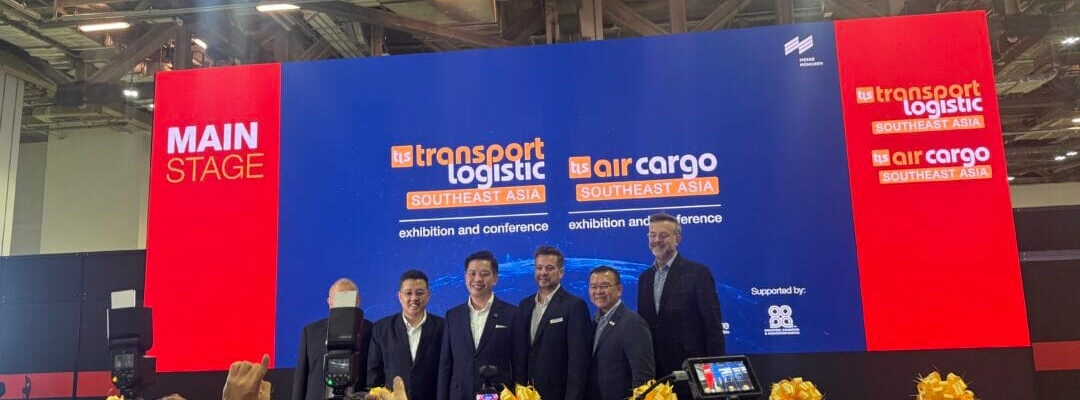Sustainability beyond the fuel tank
- At the ASEAN Air Cargo Conference 2025, industry leaders highlighted that the future of ASEAN air cargo depends on flexibility, sustainability and responsiveness, not just capacity or connectivity.
- Transport companies such as MAB Kargo and Challenge Group are focusing on ground sustainability measures, including energy-efficient warehouses, electric ground equipment, and fleet optimization, while recognizing the limitations of the SAF.
- Digitization and artificial intelligence are seen as important tools for transparency, collaboration and adapting to volatility, with airlines, freight forwarders and airports urged to exchange ideas early to remain competitive.
If 2024 is the year air freight finds stability, 2025 will be the year it learns to move smarter. At the 2025 Southeast Asia Air Cargo Conference in Singapore, regional and global leaders agreed that the future of air cargo in ASEAN will depend not just on capacity or connectivity, but on how quickly the sector can adapt to a changing planet and economy.
The Sustainable Growth of Air Cargo in Southeast Asia panel brought together senior figures from Etihad Airways, Qatar Airways Cargo, MAB Kargo and the Challenge Group to address the question every airline is now asking: how to remain profitable and green in an unpredictable world.
While sustainable aviation fuel dominated the discussion, speakers were frank about its limitations. “We are all waiting for a solution to the SAF problem, and I think everyone here will agree that it is not there yet,” said Mark Jason Thomas, CEO of MAB Kargo. “But if we wait, we will miss opportunities to take positive action now.”
For MAB Kargo, this work starts on the ground. The carrier is developing a warehouse three times its current size – designed for energy efficiency and long-term sustainability. “It’s not just about the job,” Thomas said. “It’s about ensuring every part of our infrastructure is as environmentally friendly as possible.”
Or Zak, Chief Commercial Officer of Challenge Group, offered a similar view: “We have replaced all our GSE equipment with electric units and have optimized our fleet with a weight and balance programme. But SAF availability is still very limited and expensive – especially across the Indian Ocean region.”
The conversation quickly turned to volatility, the hallmark of commodity trading today. “The system we had three years ago no longer exists,” Zach noted. “We need to be more natural and responsive. Listening to customers and adjusting networks quickly is the only way to survive.”
As supply chains become digital, panelists said data transparency has become a key differentiator. Stanislas Brun, Etihad Airways’ chief cargo officer, warned that digital transformation “has been discussed for a decade, but the next wave is artificial intelligence.” “It’s about choosing the right tools – ones that create real value for customers,” he added.
Brun sees sustainability and digitalization as linked through collaboration. “We can’t work in silos anymore. Airlines, freight forwarders and airports need to brainstorm ideas early. This is how we stay ahead of the curve.”
